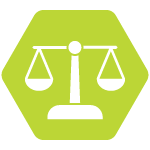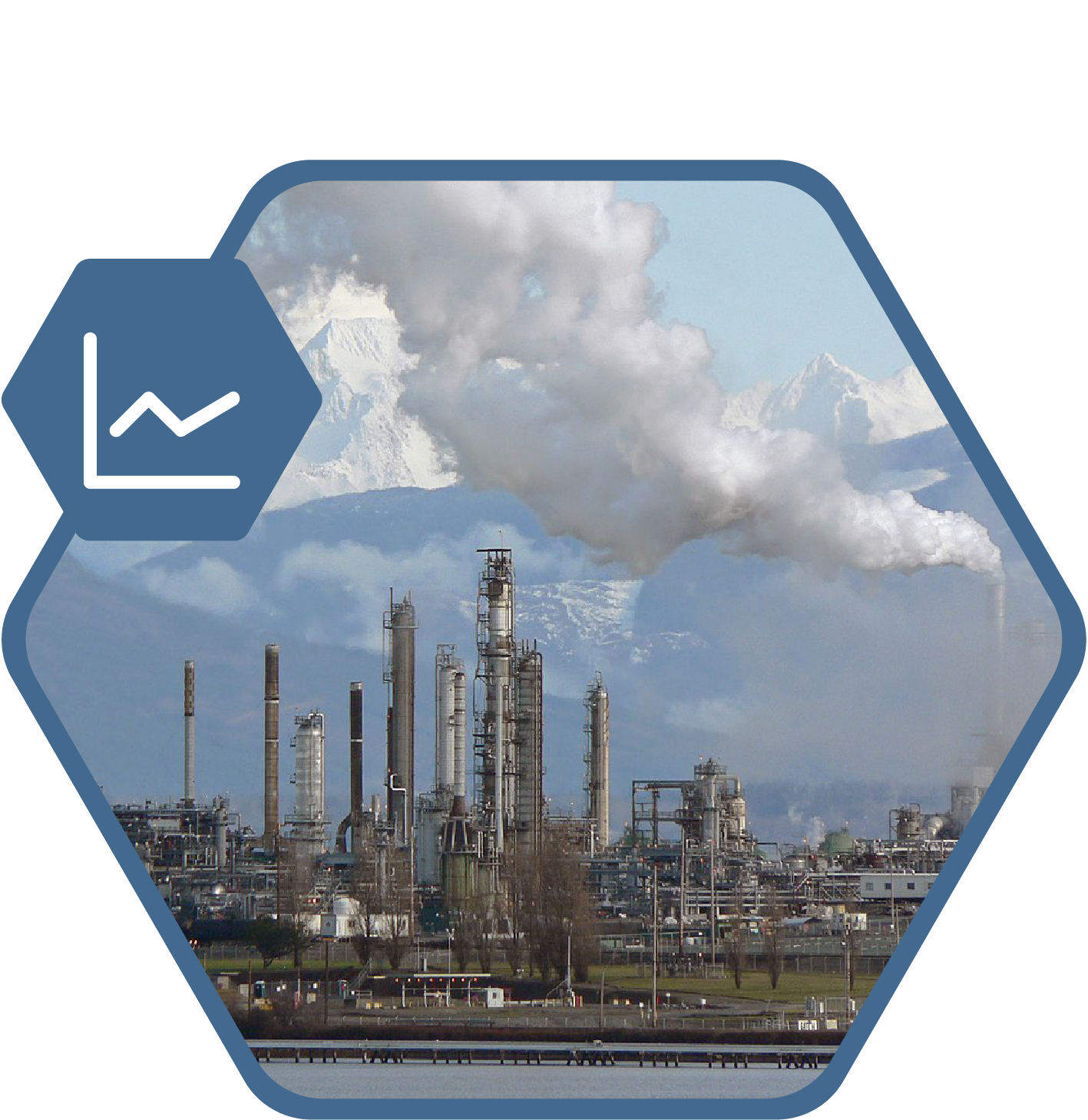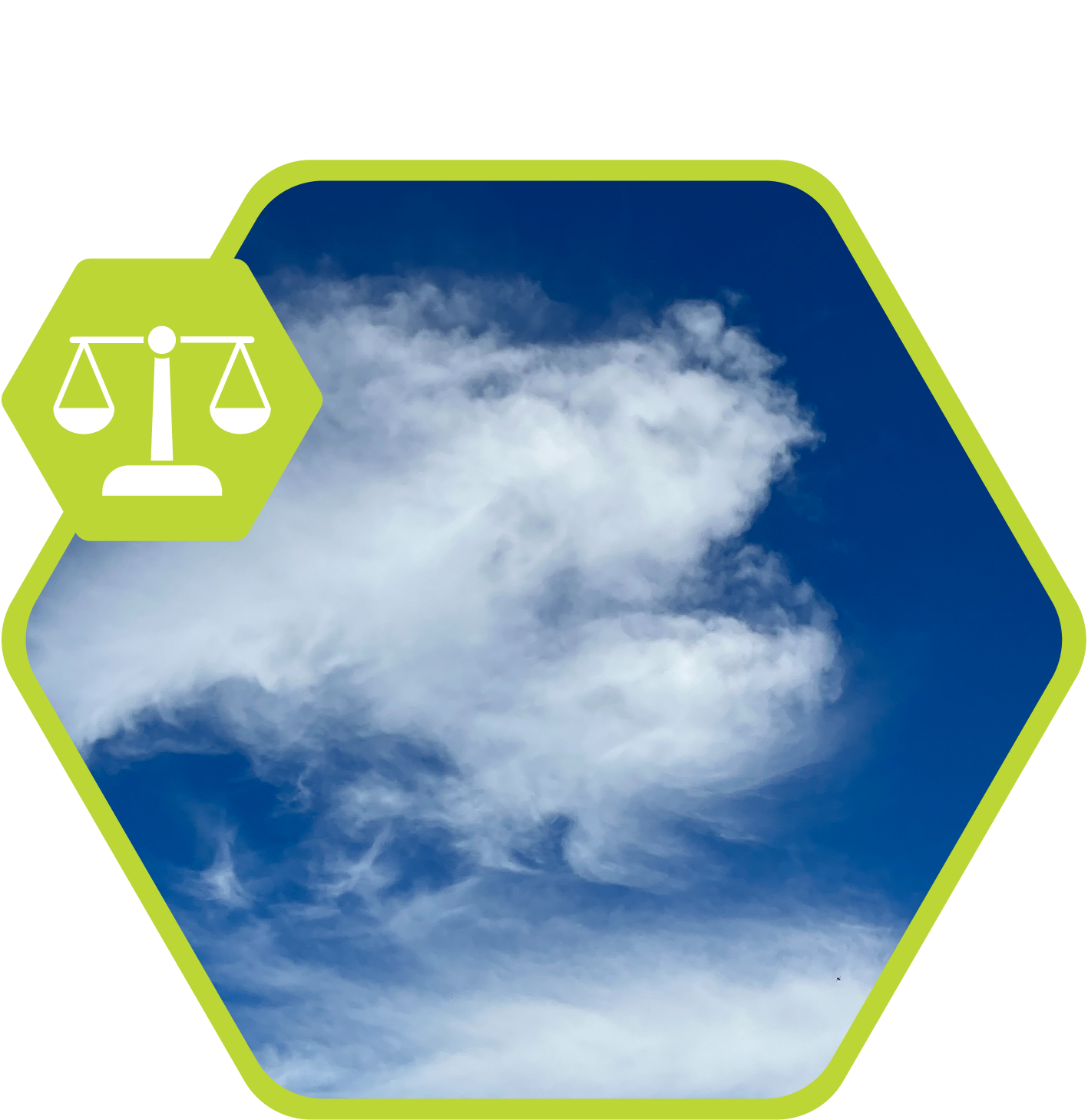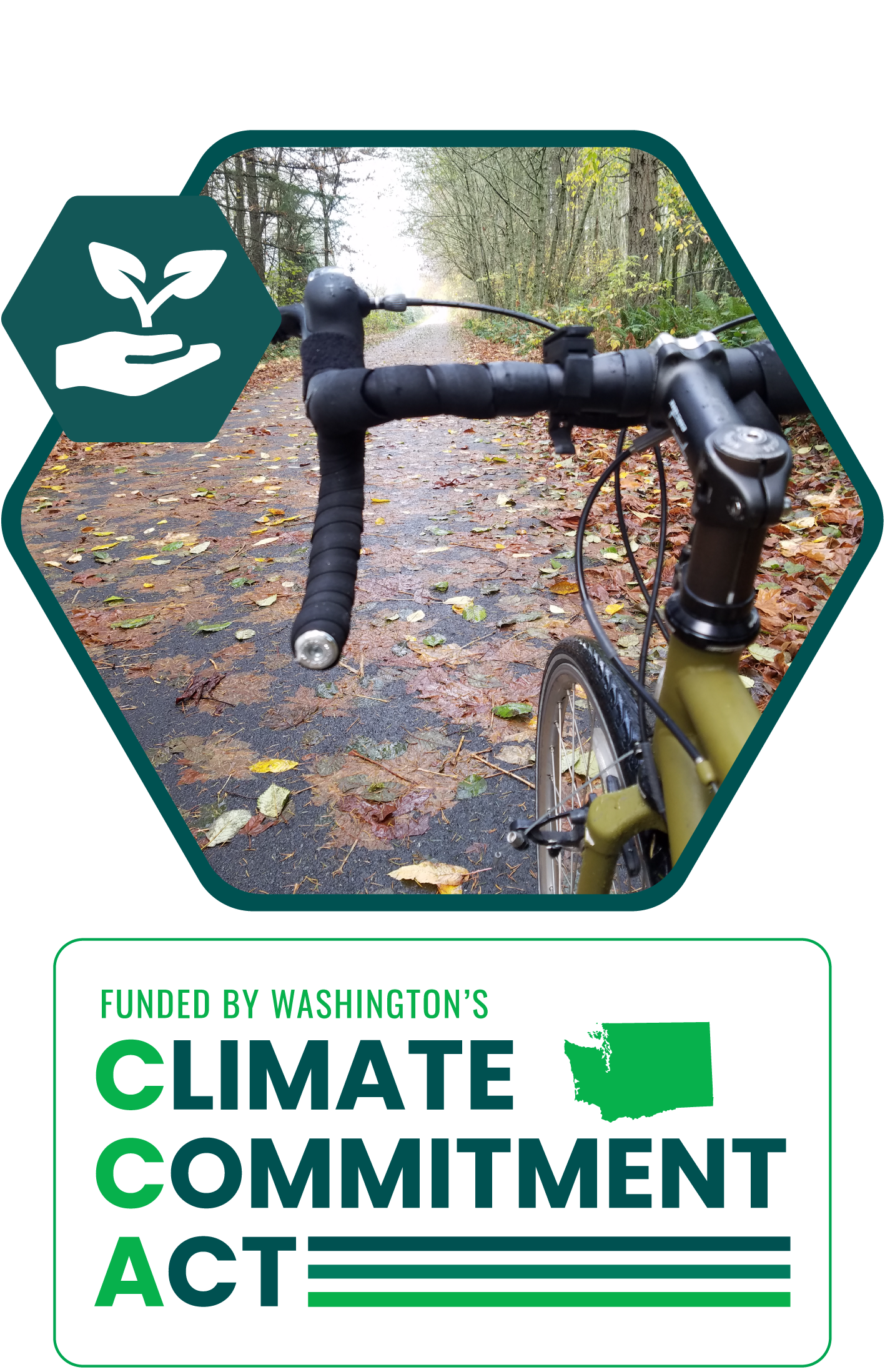The CCA also puts environmental justice and equity at the center of climate policy, making sure communities that bear the greatest burdens from air pollution today see cleaner, healthier air as the state cuts greenhouse gases. Finally, funds from the auction of emission allowances will support new investments in climate resiliency programs, clean transportation, and addressing health disparities across the state.
In 2021, Gov. Jay Inslee signed the Climate Commitment Act (CCA). The CCA created a market-based cap-and-invest program to require the state's largest polluters to reduce greenhouse gas pollution. The CCA is being put to work across Washington to benefit families, schools, workers and more. See our sister site at climate.wa.gov.
A market-based solution
In the CCA, the Legislature directed us to design and implement a Cap-and-Invest Program to reduce statewide greenhouse gas emissions. This program works by setting an emissions limit, or cap, and then lowering that cap over time to ensure Washington meets the greenhouse gas reduction commitments set in state law.
Only the second such program in the U.S., Cap-and-Invest uses the powers of supply and demand to incentivize businesses to cut their emissions, using whatever strategy they think is best. Read more about how the Cap-and-Invest Program works.
Building a sustainable market
The Legislature tasked Ecology with designing the Cap-and-Invest Program so it could potentially be linked with other carbon markets. In November 2023, Ecology's director announced a preliminary decision to pursue linking Washington’s carbon market with California and Québec, which already have a combined carbon market. All three governments formally expressed mutual interest in forming a shared carbon market for the first time on March 20, 2024. Visit the linkage webpage for updates about the process.
Cleaner air for overburdened communities
The CCA aligns with the requirements of the Healthy Environment for All (HEAL) Act and includes provisions to ensure communities in Washington that are disproportionately impacted by climate change and air pollution benefit from cleaner air.
In addition to the greenhouse gas reductions that will result from the Cap-and-Invest Program, the CCA also directs us to reduce "criteria" air pollutants — such as ozone and particulate matter — in overburdened communities highly impacted by air pollution.
Funding allocation and accountability
The CCA directs the Environmental Justice Council to make recommendations to the Legislature on how auction revenue should be used, and requires agencies using funding from CCA accounts to report their progress toward environmental justice goals to the Council.
Investing in the future
Under the law, proceeds from the CCA allowance auctions must be invested in critical climate projects focused on improving clean transportation options — increasing climate resilience in ecosystems and communities — and addressing issues of environmental justice and health inequity in Washington.
Importantly, the CCA requires that at least 35% of funds be invested in projects that benefit overburdened communities, and a minimum of 10% go to projects with Tribal support.
Learn how the auction proceeds are being invested across our state.
Tribal grant opportunites
The Tribal Consultation Grant provides funding for eligible Tribes to consult on CCA spending and clean energy siting decisions and to pursue other climate-related activities. The Tribal Carbon Offset Assistance Grant provides funding for Tribes to plan, design, and assess the feasibility of carbon offset projects on federally recognized Tribal lands in Washington.
Both grants are available only for federally recognized Tribes with lands and territories in Washington state.
Related links
Contact information
Caroline Halter
Communications Manager
Caroline.Halter@ecy.wa.gov
564-669-8947







